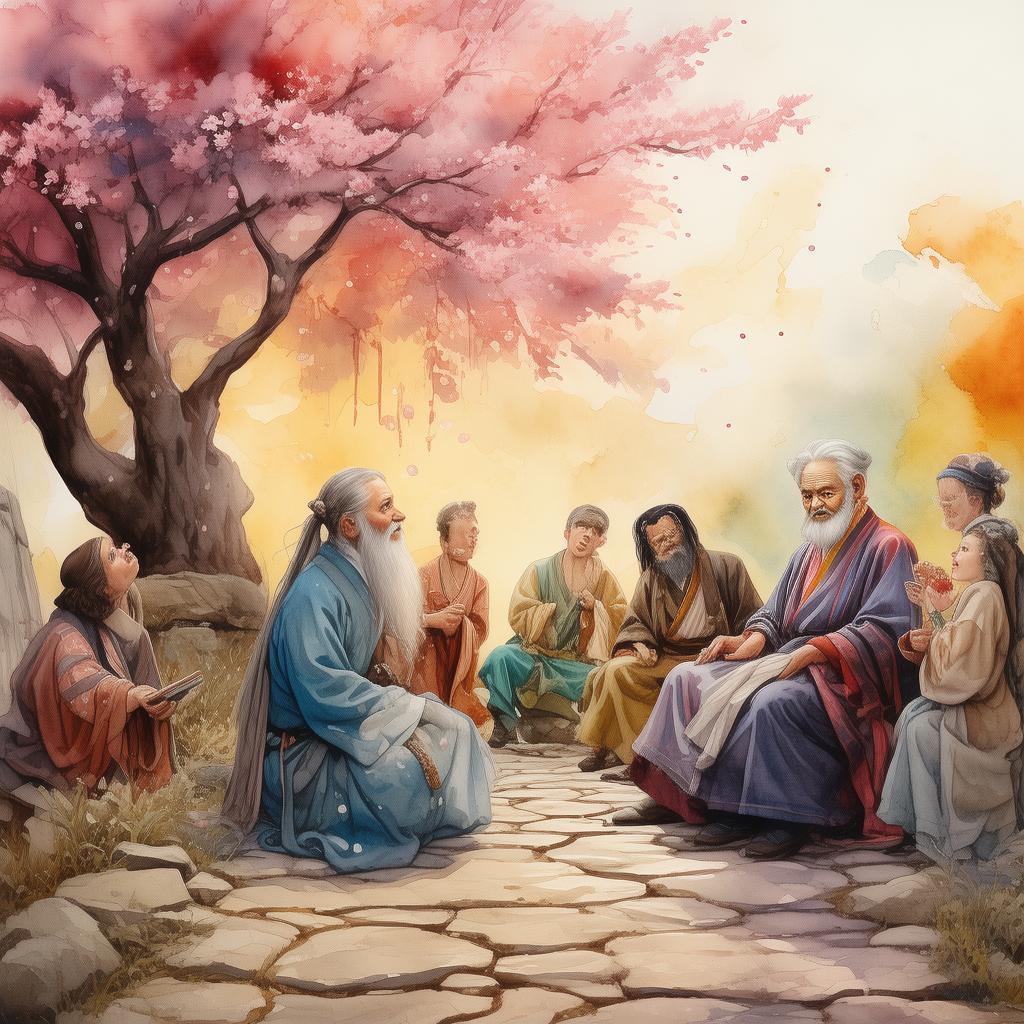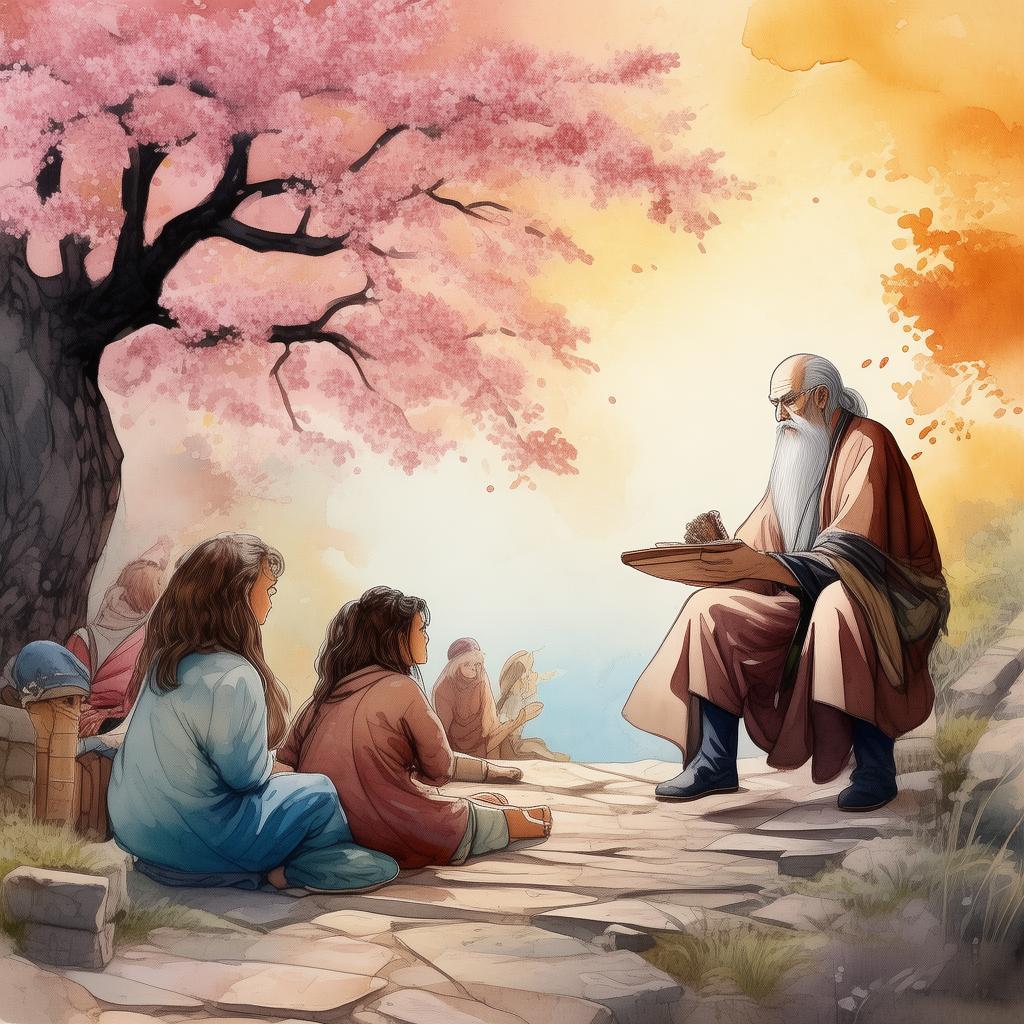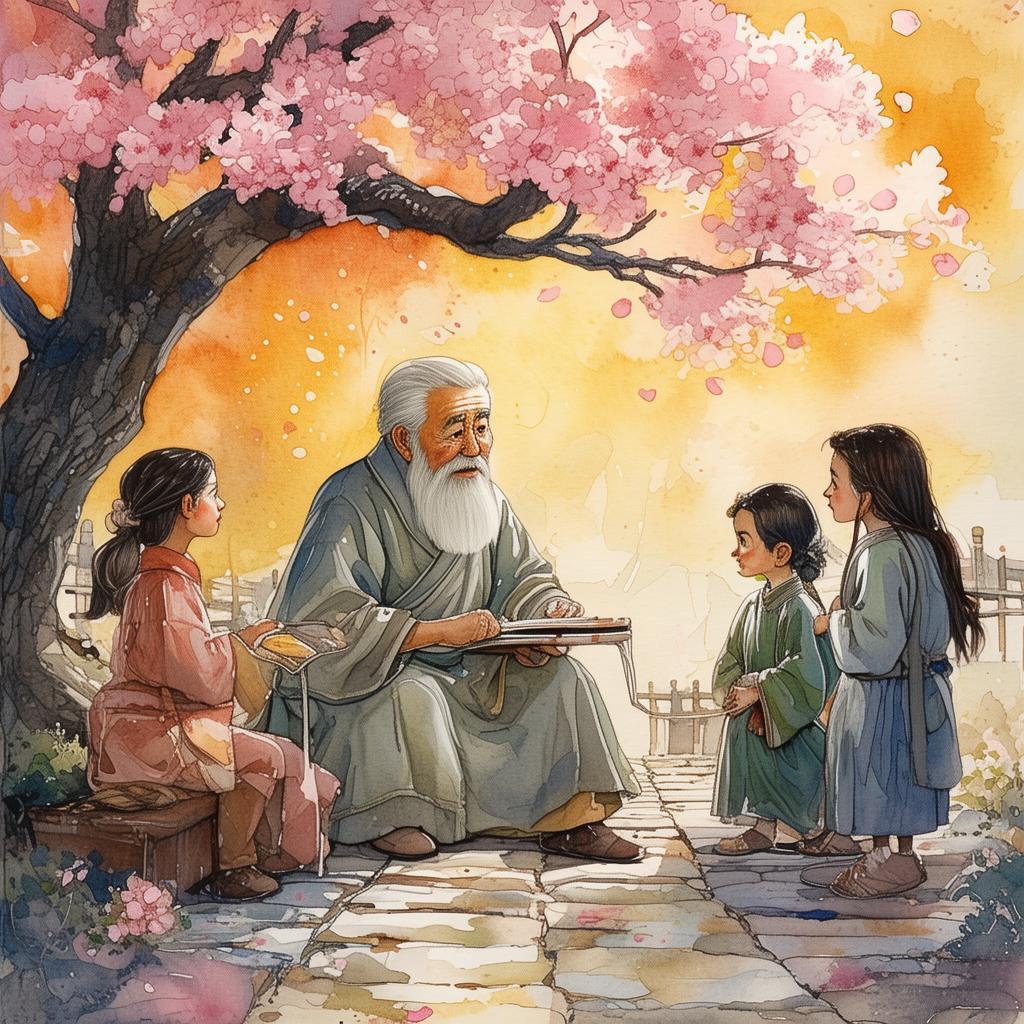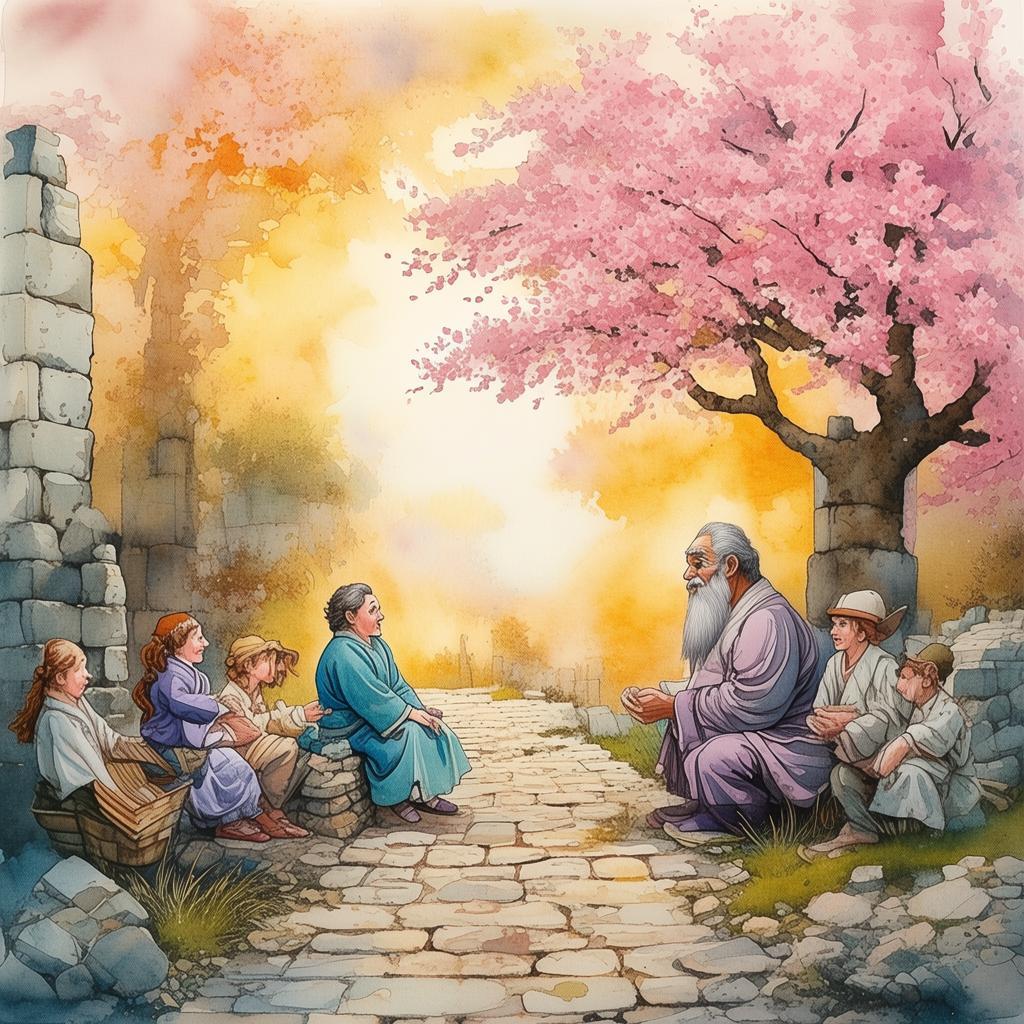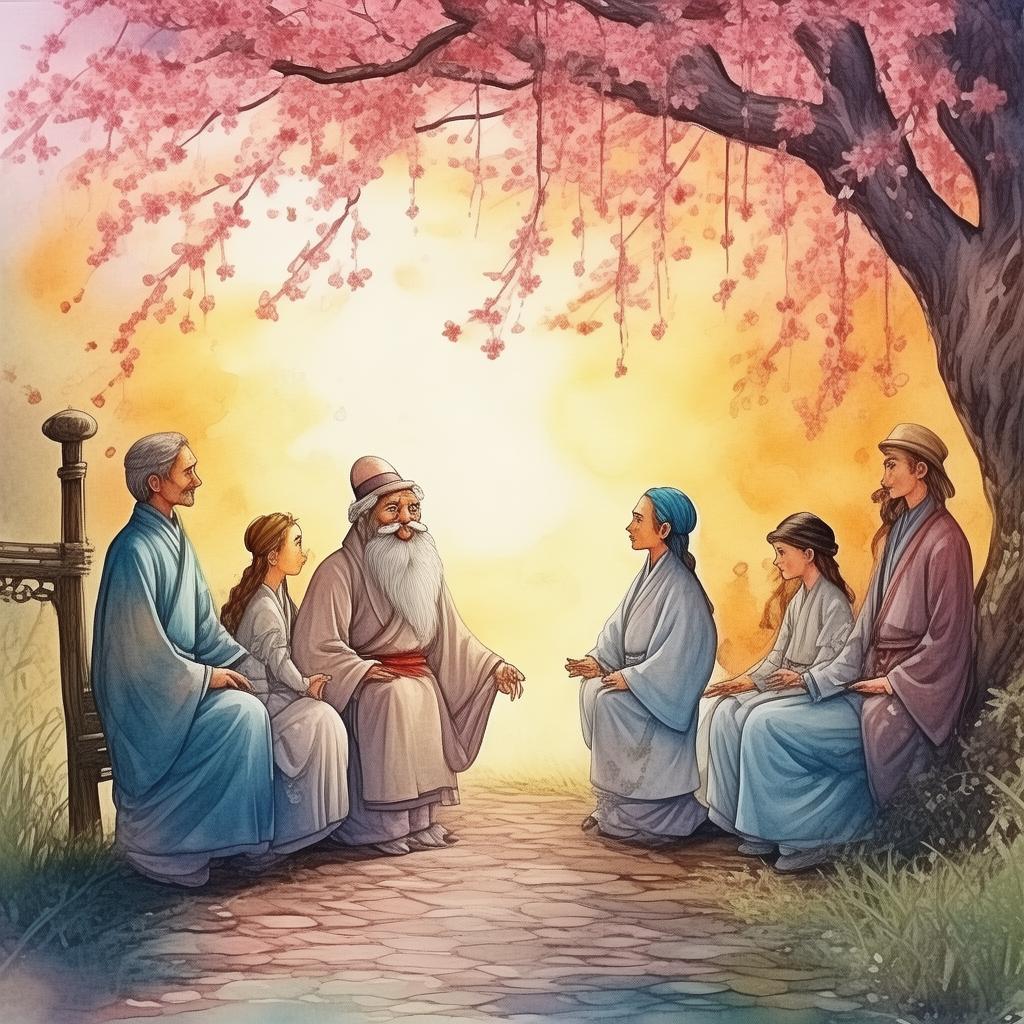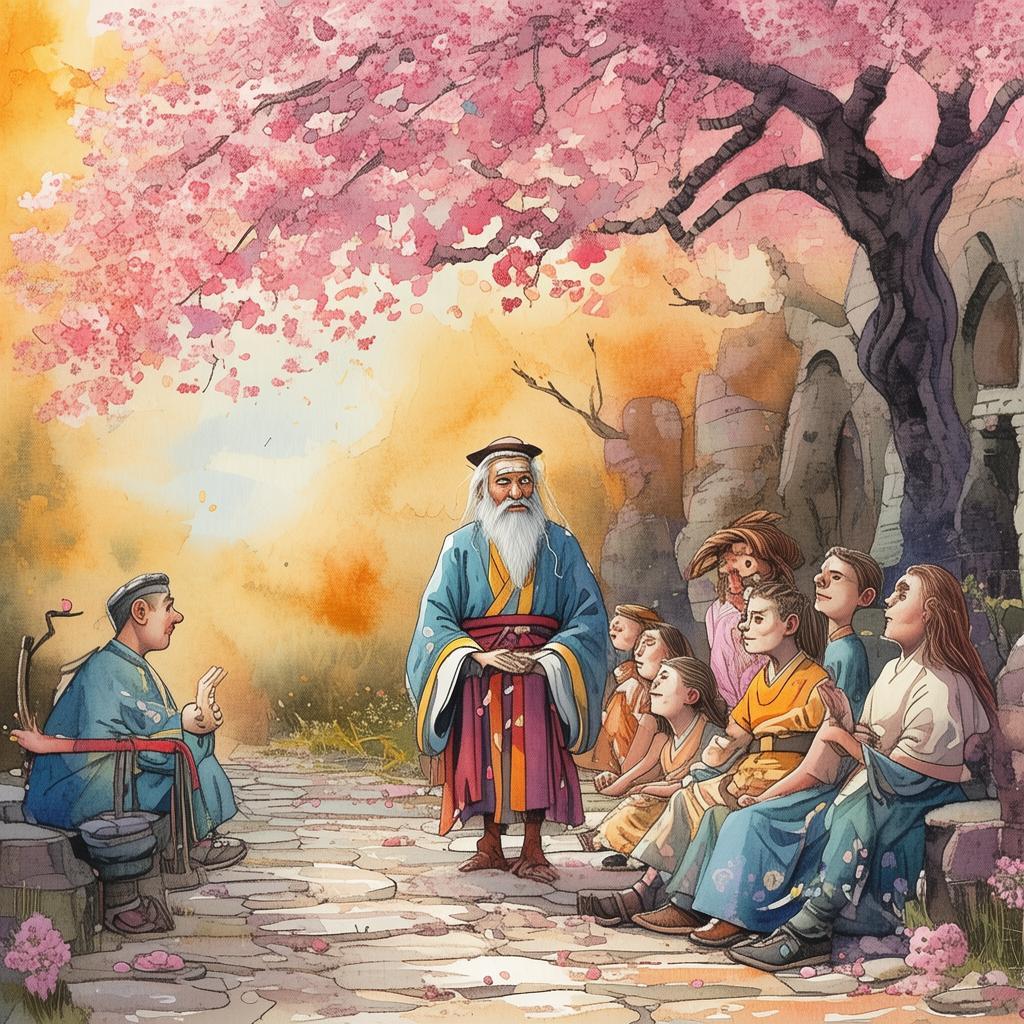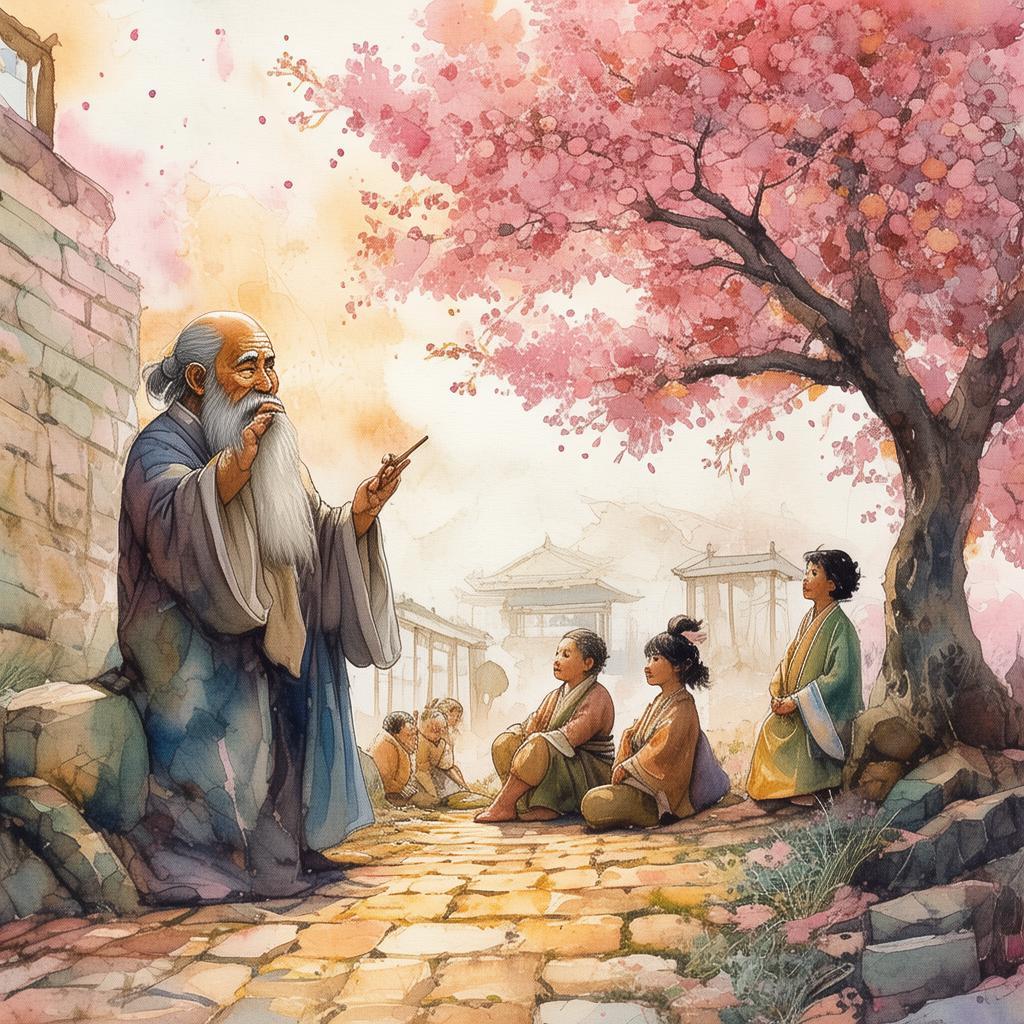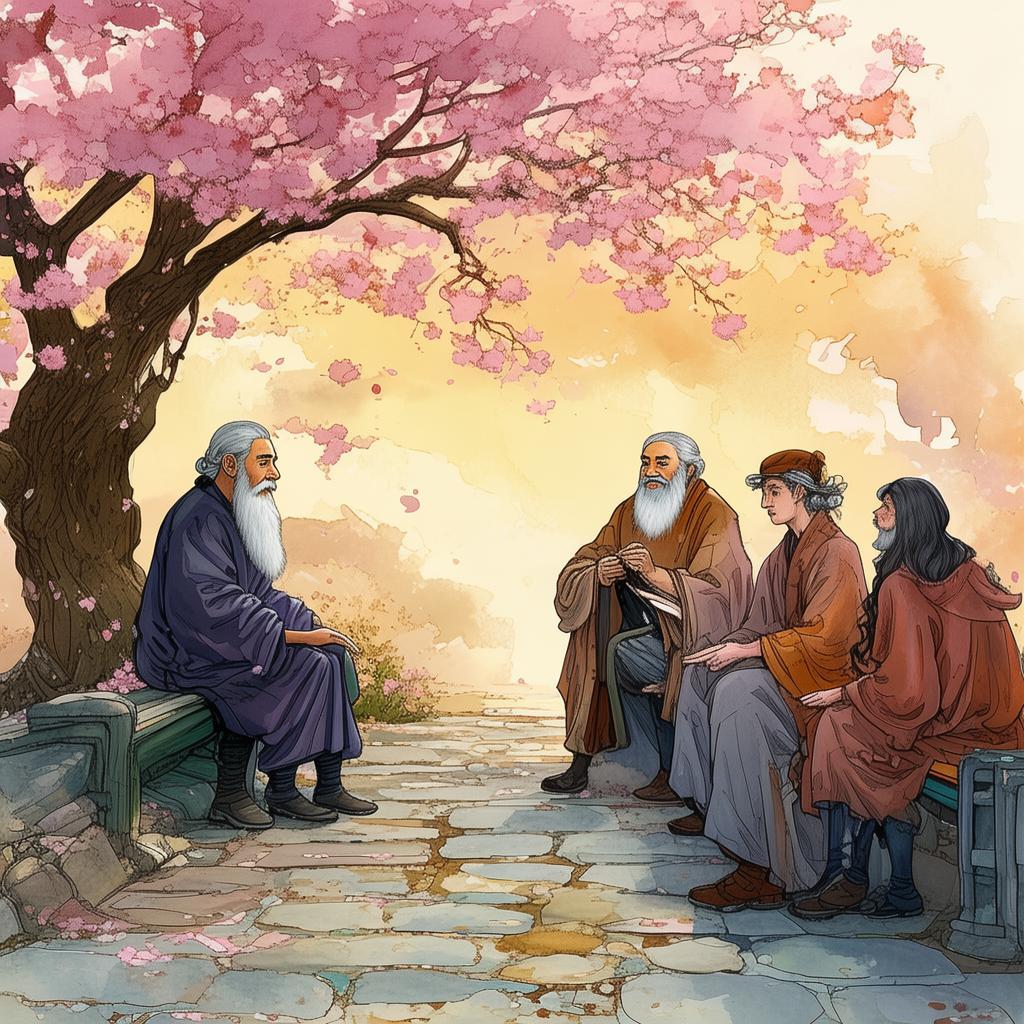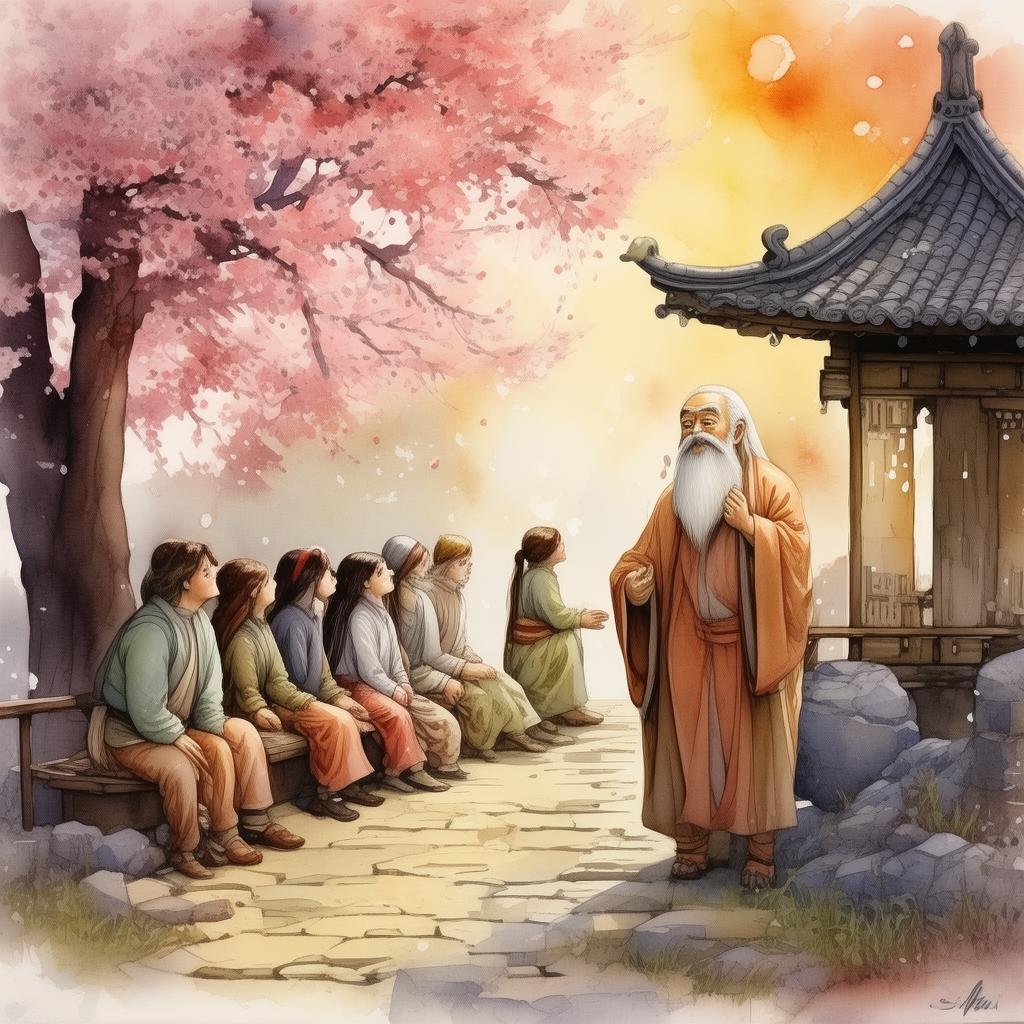The Diplomatic Chessboard: Zhaojun's Strategic Triumph
In the waning years of the Han Dynasty, the great empire of China faced a series of threats from the Huns, a nomadic people who roamed the steppes of the Eurasian continent. The Huns were known for their ferocity and relentless raids, which had terrorized the borders of the Han Empire for years. To combat this threat, the Han Emperor sent a general of unparalleled strategic acumen, Zhaojun, to lead a campaign that would not only protect the empire but also ensure its prosperity through a web of diplomatic intrigue.
Zhaojun, a man of both valor and wit, was no stranger to the battlefield. His campaigns were legendary for their cunning and efficiency. However, the campaign against the Huns was unlike any other. It was not a war of conquest, but a game of chess played on a grand scale.
As Zhaojun prepared for his campaign, he realized that a direct military confrontation was not the answer. The Huns were a proud people, and any outright conflict would only serve to harden their resolve. Instead, Zhaojun devised a plan that would outwit them on their own terms.
The first move of Zhaojun's grand strategy was to send a delegation of Han nobles to the Huns. This delegation, led by Zhaojun himself, carried a peace offering and a proposal for an alliance. The Huns, who were embroiled in their own internal power struggles, were intrigued by the offer. They saw in the alliance the potential for wealth and power, and so they agreed to meet with Zhaojun.
The meeting was held under the watchful eyes of both Chinese and Hun guards. Zhaojun, with his usual grace and poise, engaged in lengthy discussions with the Hun leader, a man named Modu. The two leaders, despite their cultural differences, found common ground in their desire for stability and power.
During the talks, Zhaojun revealed a series of carefully crafted plans. He proposed a trade agreement that would benefit both sides, and he suggested a joint military campaign against a common enemy—a rival Hun tribe. Modu, seeing the potential for personal gain, readily agreed to the proposals.
However, Zhaojun's plans did not end there. He knew that Modu's rule was tenuous, and that he could be overthrown at any moment. To ensure the longevity of the alliance, Zhaojun proposed a marriage between his own daughter and Modu's son. This marriage, he said, would seal the bond between the two nations.
Modu, a shrewd leader himself, saw the political benefits of such a union. He agreed to the marriage, and thus, the strategic chessboard was set.
As the alliance solidified, Zhaojun returned to the Han Empire. He was hailed as a hero, a man who had turned the tide of war with a single move. The Huns, now bound by a political and familial bond, ceased their raids and began to trade with the Han Empire. In exchange for silk and other goods, the Huns provided the Han with horses and military assistance.
Years passed, and the Han Empire flourished. The alliance with the Huns brought stability to the borders, and the empire expanded its reach. Zhaojun's strategic triumph had laid the foundation for a period of peace and prosperity.
However, the peace was not without its challenges. Modu's rule became increasingly autocratic, and the Huns began to chafe under the constraints of the alliance. The Han Empire, now prosperous, was not immune to internal strife.
Zhaojun, though far from the battlefield, was still a guiding force in the empire. He used his influence to ensure that the alliance remained strong, even as tensions grew. He understood that the success of his strategic triumph hinged on the delicate balance of power between the Han and the Huns.
One day, as Zhaojun sat in his study, a message arrived from the Huns. Modu had died, and there was a power vacuum in the Hun leadership. Zhaojun knew that this was the moment of truth. He had to ensure that the alliance would continue under the new leader.
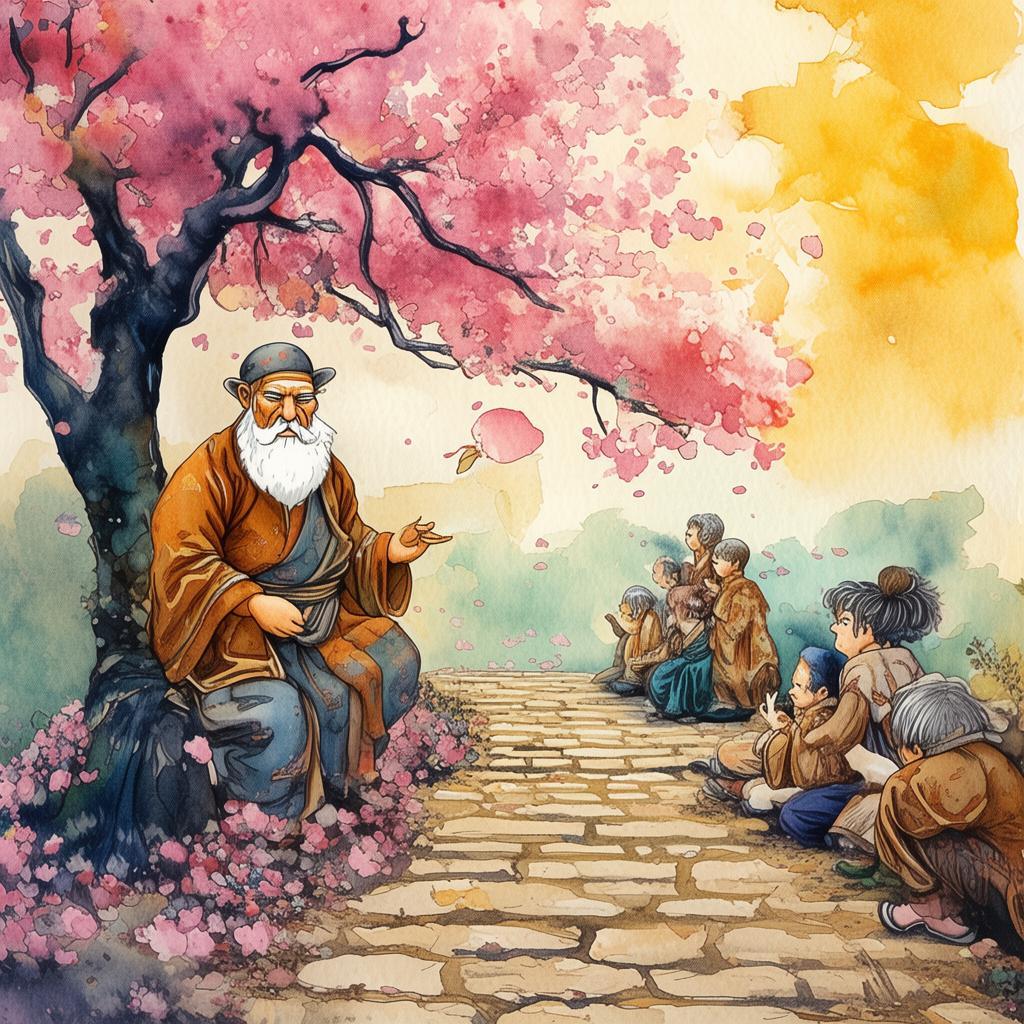
He sent a delegation to the Huns, led by his daughter, who was now Queen of the Huns. The delegation was met with skepticism, but Zhaojun's daughter, with her grace and intelligence, quickly won the trust of the new leader. The alliance was preserved, and the strategic triumph of Zhaojun remained intact.
The story of Zhaojun's campaign across the labyrinth of diplomatic intrigue became a legend, passed down through generations. It was a tale of not just military might but of political cunning and diplomatic finesse. The idiom 'a strategic triumph in the hands of a genius' was born from this story, a testament to the power of wisdom and strategy.
As the story of Zhaojun spread, it inspired countless strategists and diplomats. It taught them that sometimes, the greatest victories are won not with swords and spears, but with pens and parchment. The tale of Zhaojun's strategic triumph remained a beacon of hope, a reminder that in the realm of diplomacy, the most powerful weapon is not force, but wit.
✨ Original Statement ✨
All articles published on this website (including but not limited to text, images, videos, and other content) are original or authorized for reposting and are protected by relevant laws. Without the explicit written permission of this website, no individual or organization may copy, modify, repost, or use the content for commercial purposes.
If you need to quote or cooperate, please contact this site for authorization. We reserve the right to pursue legal responsibility for any unauthorized use.
Hereby declared.

